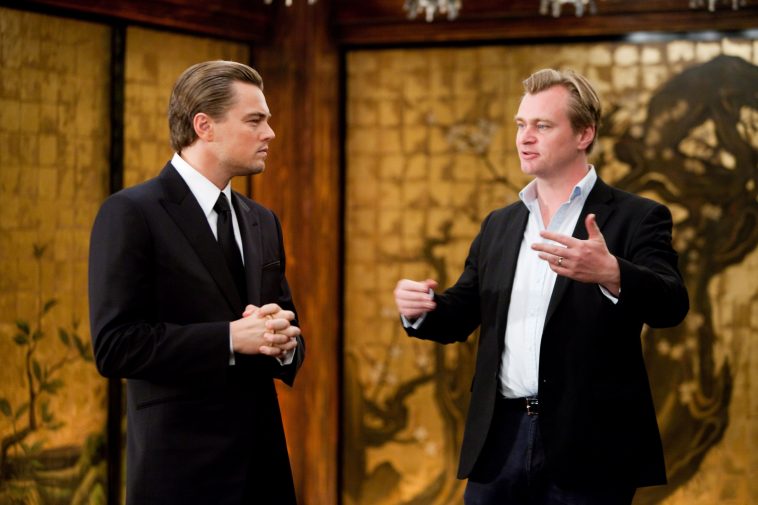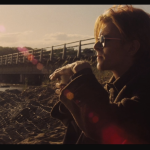 As a cinematic landscape, the potential to the world created by Christopher Nolan in Inception is limitless, as an intellectual property that spawned one of the most compelling, provocative and downright enterprising movies in film history. Naturally, this lends itself to sequels, reboots, prequels and remakes, such is the Hollywood way, but in the case of this modern classic, we’re firmly in the ‘just leave it be’ camp. There is something quite gloriously creative and original about Inception; an incredibly ambitious narrative which we’re not going to explain as it’s so complex (it’s about dreams, man), perhaps it’s nice to let it be just that; an original.
As a cinematic landscape, the potential to the world created by Christopher Nolan in Inception is limitless, as an intellectual property that spawned one of the most compelling, provocative and downright enterprising movies in film history. Naturally, this lends itself to sequels, reboots, prequels and remakes, such is the Hollywood way, but in the case of this modern classic, we’re firmly in the ‘just leave it be’ camp. There is something quite gloriously creative and original about Inception; an incredibly ambitious narrative which we’re not going to explain as it’s so complex (it’s about dreams, man), perhaps it’s nice to let it be just that; an original.

Naturally this universe holds much promise, but realistically, what more could feasibly be achieved? With sequels audience are always demanding more. What good is a follow-up movie if it’s not bigger and better than what preceded it? Question is though, how does Nolan achieve that here? The complex story couldn’t have been any more convoluted or else it would’ve been impossible to follow. The characters were striving to achieve the impossible, could they even attempt to expand on their accolades? Honestly, what would suffice? What would tend to our thirst as expectant moviegoers – a dream within a dream within a dream within a dream within a dream?

It can’t be done (believe me, I’ve tried). Inception walked the line in how much information we could store and get our head around. I’d be a liar if I said I understood it entirely, but such was the commitment to pure entertainment it allowed for any of the dream jargon to wilfully go over our heads and not impact on our investment in the world and the characters that inhabit it. Any more and it would be too much.

There’s also the case of the incredible cast. What an ensemble, to guarantee all be free and able to shoot a sequel is no guarantee, while naturally the budget has to come into play too. Inception cost a lot of money and the sequel would cost a lot more. It’s not Marvel, and it’s not Star Wars, there would no guarantee of making that back, and while Hollywood studios do like to take risks, they also like to not lose money. Nolan himself has said he always viewed Inception as a standalone movie, and though his work in the Batman franchise proved he was more than capable of delivering sequels that emulated and transcended what came before, he’s got a remarkable mind with so many ideas, and we’d be foolish not to let him run free, to create new worlds and new characters for us to dive into.

Then there’s also the film’s now famous final shot; of the spinning totem. Now the film’s ending is beautifully ambiguous (one of the film’s greatest aspects) and naturally this does leave the story open, allowing room to explore. If you provide no closure then it always means sequels have the foundations in place in which to thrive off. But there’s something to be said for mystery in film. The fact we don’t know whether the lead role Cobb, played by Leonardo DiCaprio is dreaming or back in reality is what makes it so special. We have this inclination to spoon-feed audiences, and sometimes an elusive finale is so much more impactful. Plus, Cobb didn’t seem to exactly care about the totem’s destiny in the final sequence, so why should we?
- The making of: Inception Hallway Dream Fight:



























Leave a Comment